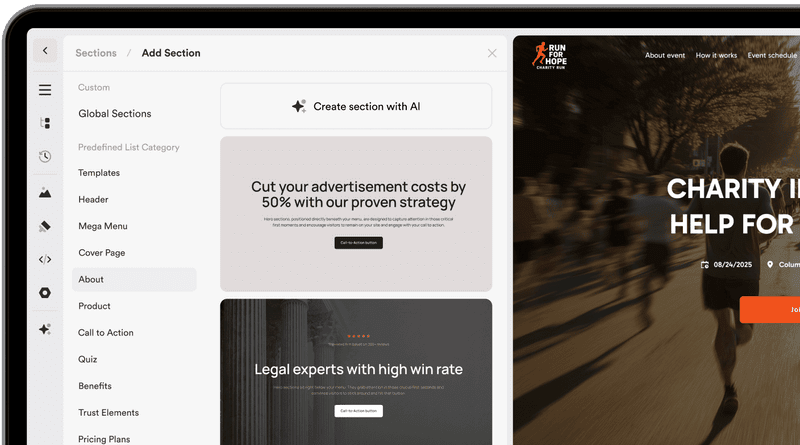July 10, 2023
Customer loyalty: These measures aim to turn customers into repeat purchasers
Discover effective customer retention strategies to turn customers into repeat buyers.
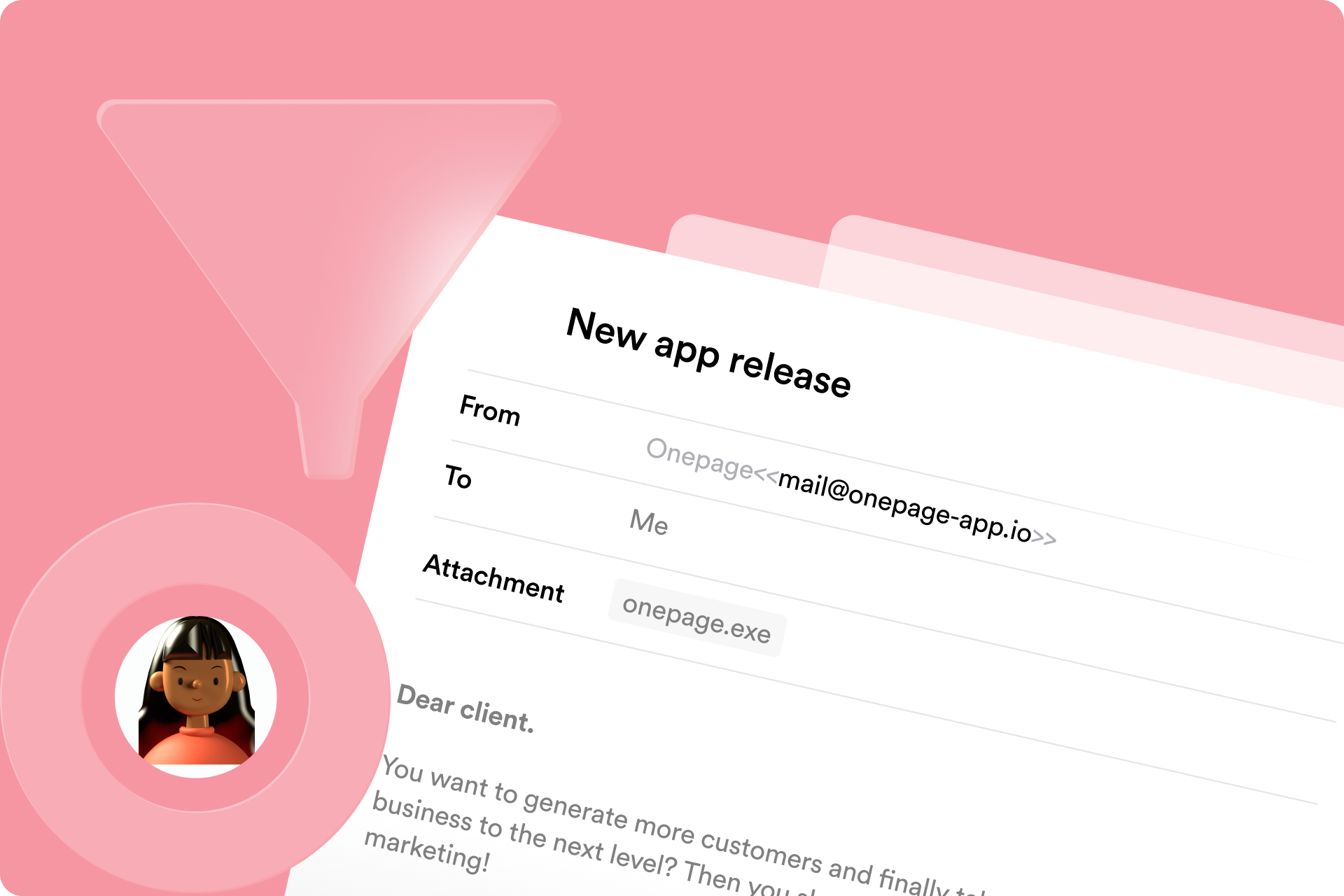
Customer loyalty: These measures aim to turn customers into repeat purchasers
Acquiring new customers is undoubtedly an important aspect for any business. However, equally significant is building a strong bond with existing customers. Customer loyalty is the key to long-term success and growth of a company.
Customer retention is a continuous process that requires attention and commitment. By focusing on strengthening customer loyalty, companies can build a loyal customer base that supports their business growth and long-term success.
In this blog article, we will delve into effective measures and customer retention programs that help companies establish and maintain long-lasting relationships with their customers.
Why is customer retention important?
Strong customer retention offers numerous benefits. Loyalty is the glue that keeps customers coming back to a company. Loyalty leads to positive recommendations and contributes to building a positive company reputation. Furthermore, loyal customers are more willing to try and pay for new products or services offered by a company. Therefore, it is crucial to view customer retention as a long-term investment.
Measures for customer retention
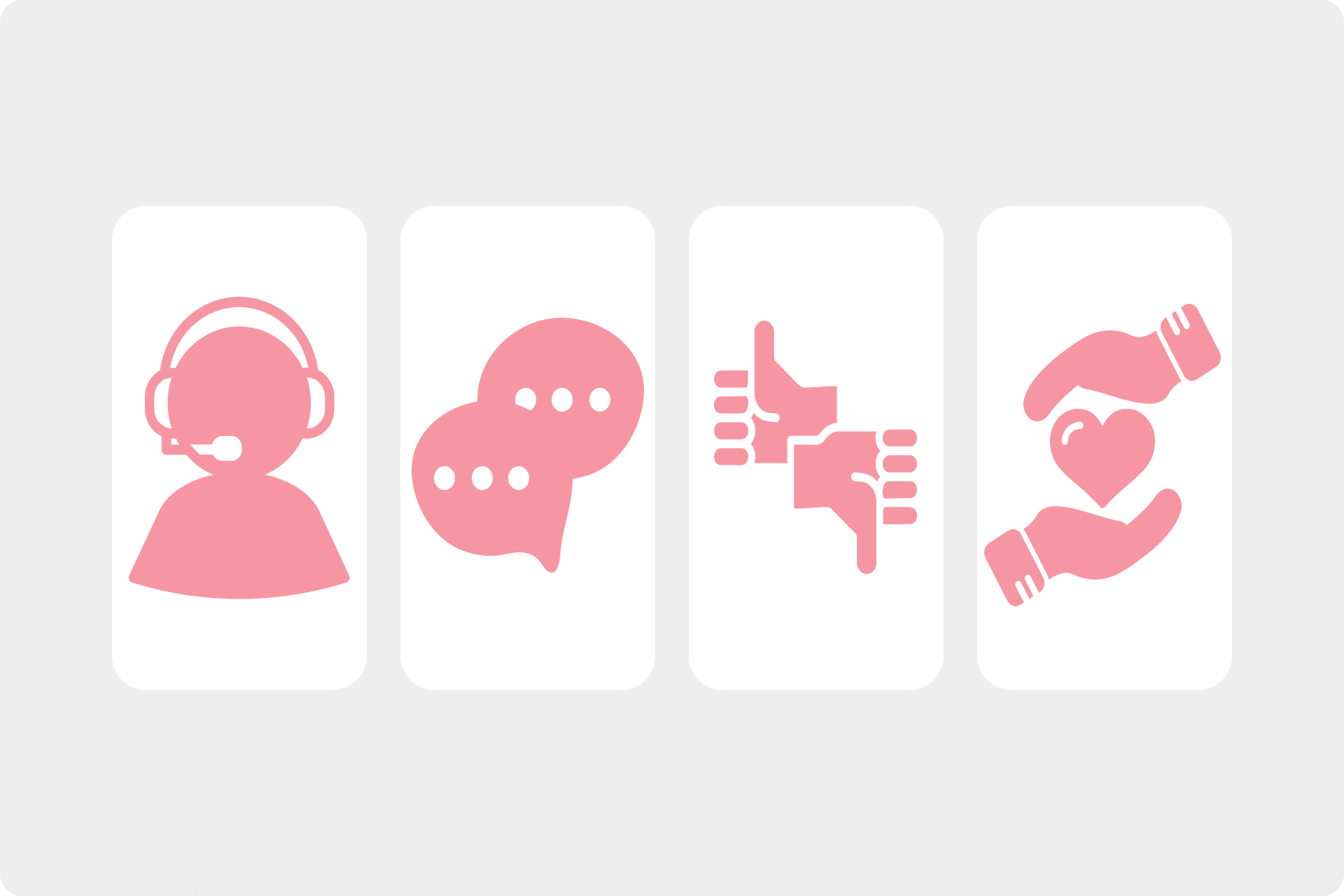
In the following section, we will present you with 4 effective measures for customer retention:
1. Excellent customer service:
Customer service is a crucial interface between companies and customers. Excellent customer service significantly contributes to customer satisfaction and directly impacts customer retention.
A helpful and knowledgeable customer service team is essential for attracting and retaining customers in the long term. Fast response times are an important aspect of customer service. Customers expect their concerns to be addressed promptly. Lengthy waiting times or unanswered inquiries can lead to frustration and dissatisfaction. An efficient system for handling customer issues, whether through phone, email, or social media, is therefore of great importance.
However, customer service goes beyond just reacting to inquiries. Proactive action and willingness to anticipate and solve customer problems are crucial.
A positive experience with customer service can lead customers to become loyal to a company and recommend it to others. On the other hand, a negative experience can result in customers leaving the company and sharing their negative experiences with others.
2. Personalized communication
Through personalized communication, companies can build a personal relationship with their customers and strengthen customer retention. By addressing your customers individually, catering to their needs, and offering tailored deals, customers feel valued in communication.
Personalized emails, recommendations based on previous purchases, and special offers are effective methods for building strong customer loyalty. It's about recognizing customers as unique individuals and making them feel that their preferences matter. Personalized communication is an important component of a successful customer retention strategy.
Practical example
An example of personalized communication is when an online fashion store sends an email to a customer who regularly purchases women's clothing, featuring recommendations for new collections and discounts on women's fashion. The email includes the customer's name and is based on their previous purchases and preferences. This makes the customer feel individually addressed and provides them with tailored information that aligns with their interests. This strengthens customer loyalty as the customer feels that the company understands and caters to their needs.
3. Gathering customer feedback
Gathering customer feedback is essential for improving customer satisfaction and understanding customer desires. Companies can utilize surveys, reviews, or personal conversations to capture customer opinions and respond to them. Customer feedback allows companies to continuously improve their performance and address their customers' concerns and wishes. It is a way to make customers feel that their opinions matter and that the company is interested in their feedback.
How to implement in practice?
An example of gathering customer feedback is an e-commerce company that sends an automated email to its customers after each purchase, requesting a review. The email includes a link to a platform where customers can share their experiences and opinions. The company utilizes these reviews to monitor product quality, understand customer desires, and make improvements. Additionally, the company offers a chat-based customer service to directly communicate with customers and address their concerns.
4. Customer loyalty programs
Customer loyalty programs are an effective strategy for fostering long-term customer loyalty to a company. They offer attractive incentives and rewards to promote customer loyalty and encourage repeat business transactions. These programs are designed to encourage customers to shop regularly at a company, reward their loyalty, and convey a sense of appreciation.
There are various types of customer loyalty programs that companies can implement. A common example is a points system where customers can accumulate points based on their purchases. These points can then be redeemed for rewards such as discounts, free products, or exclusive benefits. Another example is VIP or membership programs where customers receive special perks and access to exclusive events or offers. Customer referral programs are also another type, where customers are rewarded for referring new customers to the company.
Note: Also, read our article “Successfully generate leads in 2023: Be sure to use these tricks”.
Overview of customer loyalty programs
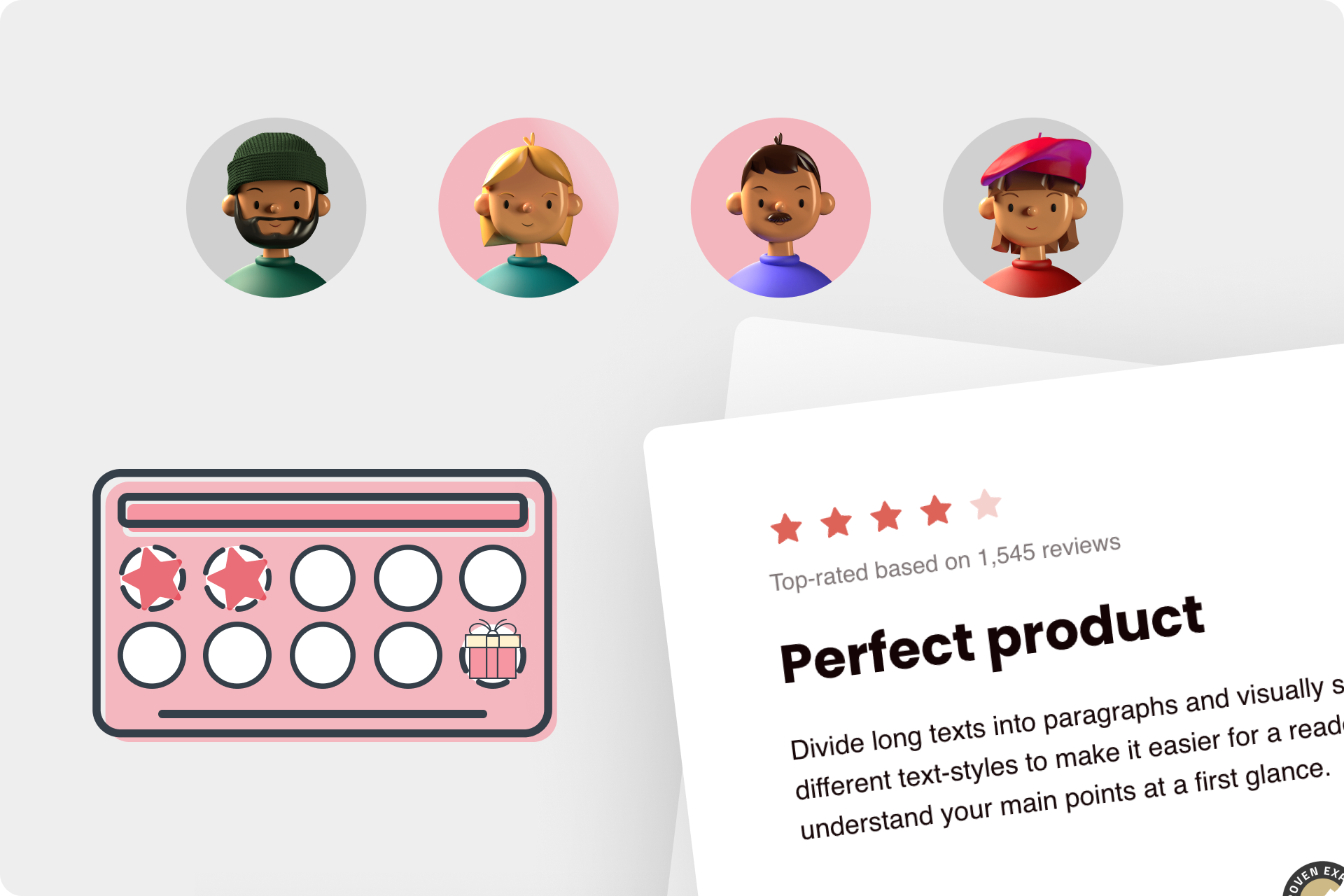
Loyalty programs:
Loyalty programs are a popular form of customer loyalty programs aimed at rewarding customers for repeat purchases. Customers accumulate points or receive discounts that they can use for future purchases. This creates an incentive for customers to stay with the company and make their purchases there. Loyalty programs also provide the opportunity to address customers individually and offer tailored offers based on their shopping habits. By continuously rewarding loyal customers, loyalty programs promote customer retention and strengthen the long-term relationship between customers and the company.
Example
A well-known example of a loyalty program is the rewards program of a large retail chain. Customers earn points with every purchase, which they can later redeem for discounts or rewards. Through regular purchases, customers can accumulate points and benefit from the rewards. The loyalty program creates incentives for customers to continue shopping at the retail chain and demonstrate their loyalty.
VIP programs:
VIP programs are designed to reward loyal customers with exclusive benefits and privileges. Customers who regularly shop at a company gain access to special offers, personalized services, or even exclusive events. VIP customers feel particularly appreciated and develop a strong emotional attachment to the company. They feel they receive preferential treatment and enjoy the special status that comes with their long-standing loyalty. VIP programs enhance customer loyalty by encouraging customers to continue shopping with the company and take advantage of the exclusive benefits.
Example
A luxury hotel chain offers an exclusive VIP program to its most loyal customers. VIP members receive special benefits such as complimentary room upgrades, access to VIP lounges, personalized concierge service, and preferential treatment during their stay. These exclusive benefits strengthen the customers' bond with the hotel chain as they feel they are something special and receive a first-class experience.
Customer clubs:
Customer clubs offer customers the opportunity to be part of a community of like-minded individuals. These clubs can take various forms, such as online forums, exclusive events, or networking opportunities. Customers can interact with each other, provide feedback, and feel like they are part of a special community. Customer clubs create a sense of belonging and allow customers to identify with other customers who share similar interests and preferences. This strengthens customer loyalty as customers can build connections not only with the company but also with other customers.
Example
An online retailer of sports apparel has launched a customer club that brings together sports enthusiasts. Members of the customer club gain access to exclusive sports events, special training programs, and regularly receive personalized recommendations for sports products that match their interests. The customer club creates a community of like-minded individuals who can exchange ideas and learn from each other about their passion for sports.
Referral programs:
Referral programs reward customers for actively recommending the company. Customers are encouraged to refer the company to friends, family, or colleagues and, in return, receive a financial incentive such as a voucher or bonus, or additional benefits. Referral programs harness the power of word-of-mouth to attract new customers and keep existing customers closely tied to the company. By sharing positive experiences and recommending the company, customers feel valued and part of the company's success. Referral programs promote customer loyalty by encouraging customers to become active ambassadors of the company and convince other potential customers of the company's benefits and qualities.
Example
An online streaming service rewards customers for referring new subscribers. If an existing customer successfully convinces a friend to sign up for the streaming service, both receive a free month's membership. Through this referral program, customers are encouraged to recommend the service and support the company's growth through word-of-mouth.
Success factors for customer loyalty programs
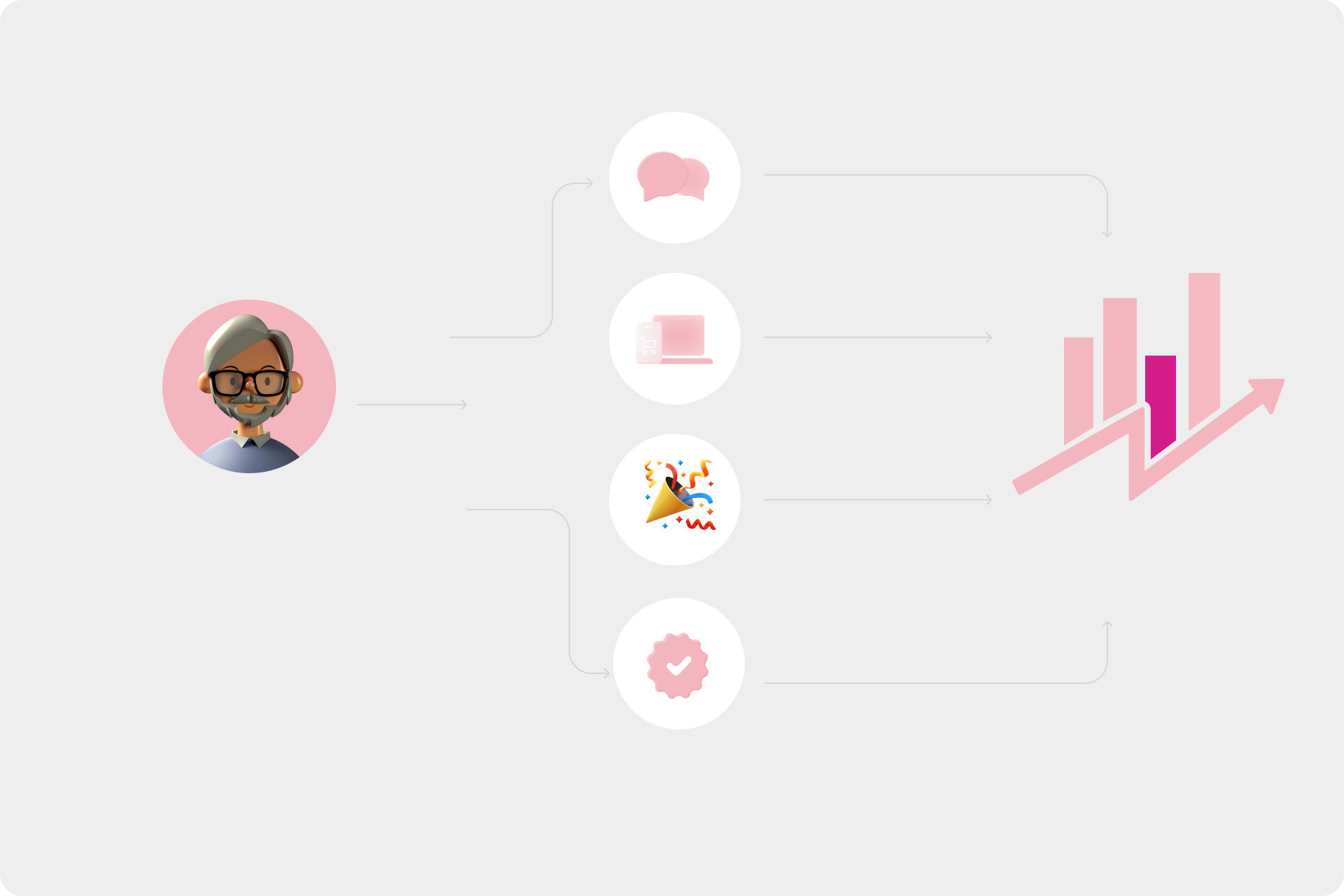
Clear and attractive benefits:
Customer loyalty programs need to offer clear and attractive benefits that are relevant and appealing to customers. These can include exclusive discounts, special offers, free upgrades, or additional services.
Simple participation requirements:
Participation in customer loyalty programs should be easy and straightforward. Customers don't want to go through lengthy registration processes or complicated conditions. The signup process should be quick and user-friendly to ensure a high participation rate.
Reward systems:
Customer loyalty programs should have a transparent and appealing reward system. Customers should receive clear information on how to earn points or rewards. The rewards should also be in proportion to the customer's spending.
Customer communication and interaction:
Regular communication with customers is important to inform them about current offers, new rewards, or upcoming events. Companies can use emails, SMS, or push notifications to keep customers informed and encourage their participation in the loyalty program.
Note:
Also, read our blog article "From prospects to customers: The perfect sales funnel”.
Case study 1: A successful customer loyalty program
The successful customer loyalty program of "Fit & Active Gym" (hypothetical company)
"Fit & Active Gym" is a nationally recognized fitness center chain that offers a wide range of fitness and wellness services. To strengthen customer loyalty and build long-term relationships with its members, the company has developed an impressive customer loyalty program.
The loyalty program of "Fit & Active Gym" provides members with attractive incentives and rewards for their ongoing membership and active participation in the fitness program.
The main features of "Fit & Active Gym's" customer loyalty program are as follows:
- Points-based reward system: Each member receives a personalized loyalty card upon registration. By regularly visiting the gym, members accumulate points. Points are awarded based on the frequency of visits, participation in group classes, and utilization of the gym's facilities. The more points a member accumulates, the higher the rewards.
- Diverse rewards: Members can redeem their points for various rewards. These include free training sessions with a personal trainer, exclusive wellness treatments at the gym's spa area, discounts on fitness apparel and accessories, and free nutritional counseling. The range of rewards allows members to use their points according to their individual needs.
- Exclusive events: "Fit & Active Gym" regularly organizes exclusive events and workshops for its loyal customers. These events provide members with opportunities to expand their fitness knowledge, try out new training methods, and engage with other like-minded individuals. Such events create a sense of community and foster camaraderie among the members.
- Personalized communication: The fitness center utilizes modern customer relationship management (CRM) to ensure personalized communication with its members. Through targeted emails and SMS notifications, members are regularly informed about upcoming events, individual offers, and new fitness programs. The personalized communication underscores the gym's commitment to its customers and strengthens the bond.
The customer loyalty program of "Fit & Active Gym" has not only enhanced member retention but also led to an increase in the number of members. Through the rewards and the variety of offerings, members feel valued and motivated to achieve their fitness goals at the gym. The loyalty program has contributed to making "Fit & Active Gym" a trusted brand in the fitness industry and established a positive reputation for excellent customer service and customer engagement.
Case study 2: A successful customer loyalty program
The successful customer loyalty program of "Digital success marketing agency" (hypothetical company)
"Digital Success Marketing Agency" is a leading marketing agency that assists businesses in strengthening their online presence and achieving their marketing goals. To foster customer loyalty and build long-term partnerships, the agency has developed an outstanding customer loyalty program.
The customer loyalty program of "Digital Success Marketing Agency" is based on the following features:
- Customized strategies: The agency develops tailored marketing strategies for each client. By considering the client's individual needs, goals, and target audience, the agency provides personalized solutions. This makes the clients feel valued and view the agency as a strategic partner that helps them achieve their business objectives.
- Regular communication and transparency: The agency places great emphasis on open and transparent communication with its clients. Through regular meetings, reporting, and updates, they keep clients informed about the progress of their marketing activities. Clients have access to their campaign statistics at any time and can track the success of their initiatives. Transparent communication builds trust and strengthens the bond between the agency and its clients.
- Training and education: The agency offers training and educational opportunities to its clients to keep them up to date with current trends and developments in the field of digital marketing. Through workshops, webinars, and informative resources, clients can expand their marketing knowledge and improve their skills. The agency acts not only as a service provider but also as an educational resource for its clients.
- Exclusive benefits and special promotions: "Digital Success Marketing Agency" regularly rewards its most loyal clients with exclusive benefits and special promotions. These may include free marketing audits, additional consulting hours, or discounted prices for new projects. These special benefits show clients that their loyalty is appreciated and motivate them to continue working with the agency in the long term.
A concrete case in this context is the collaboration with a medium-sized company that has been utilizing the services of "Digital Success Marketing Agency" for several years. Through individual strategy development and continuous monitoring of marketing activities, the company was able to significantly improve its online marketing and increase its revenue. Regular communication and access to detailed reporting helped the company keep track of its campaign performance and maximize return on investment (ROI). As a special token of appreciation, the company received complimentary participation in an exclusive marketing workshop tailored to their industry.
The case study of "Digital Success Marketing Agency" illustrates how an effective customer loyalty program can strengthen customer retention and build long-term partnerships. By combining customized strategies, regular communication, training, and exclusive benefits, the agency's clients feel valued and perceive the agency as a trusted partner for their marketing needs.
Conclusion
Customer loyalty is crucial for businesses to achieve long-term success and growth. Effective measures such as excellent customer service, personalized communication, and gathering customer feedback are essential for building strong customer loyalty. Customer loyalty programs, such as loyalty programs, VIP programs, customer clubs, and referral programs, offer additional incentives and rewards to keep customers loyal to the company in the long run. By providing clear benefits, simple participation requirements, an attractive reward system, and active customer communication, companies can develop successful customer loyalty programs and further strengthen their customer loyalty.
By understanding the needs and desires of their customers and providing them with an exceptional experience, companies can build long-term relationships and turn their customers into loyal ambassadors. Investing in customer loyalty pays off, as it not only leads to recurring revenues but also enhances a company's image and reputation. Therefore, prioritize customer loyalty and make your customers long-term partners on your path to success.
Use the strategies presented as a guide to turn your customers into repeat buyers and generate more revenue. Give it a try yourself and create your first website with Onepage.io. With our software, you can easily, quickly, and most importantly, freely create your own website or landing page. Simply follow the link to sign up and maybe even publish your first landing page today!
Start with
Onepage for free.
It’s fast and enjoyable
Onepage is free to use. It’s not a trial version.
No credit card is required

